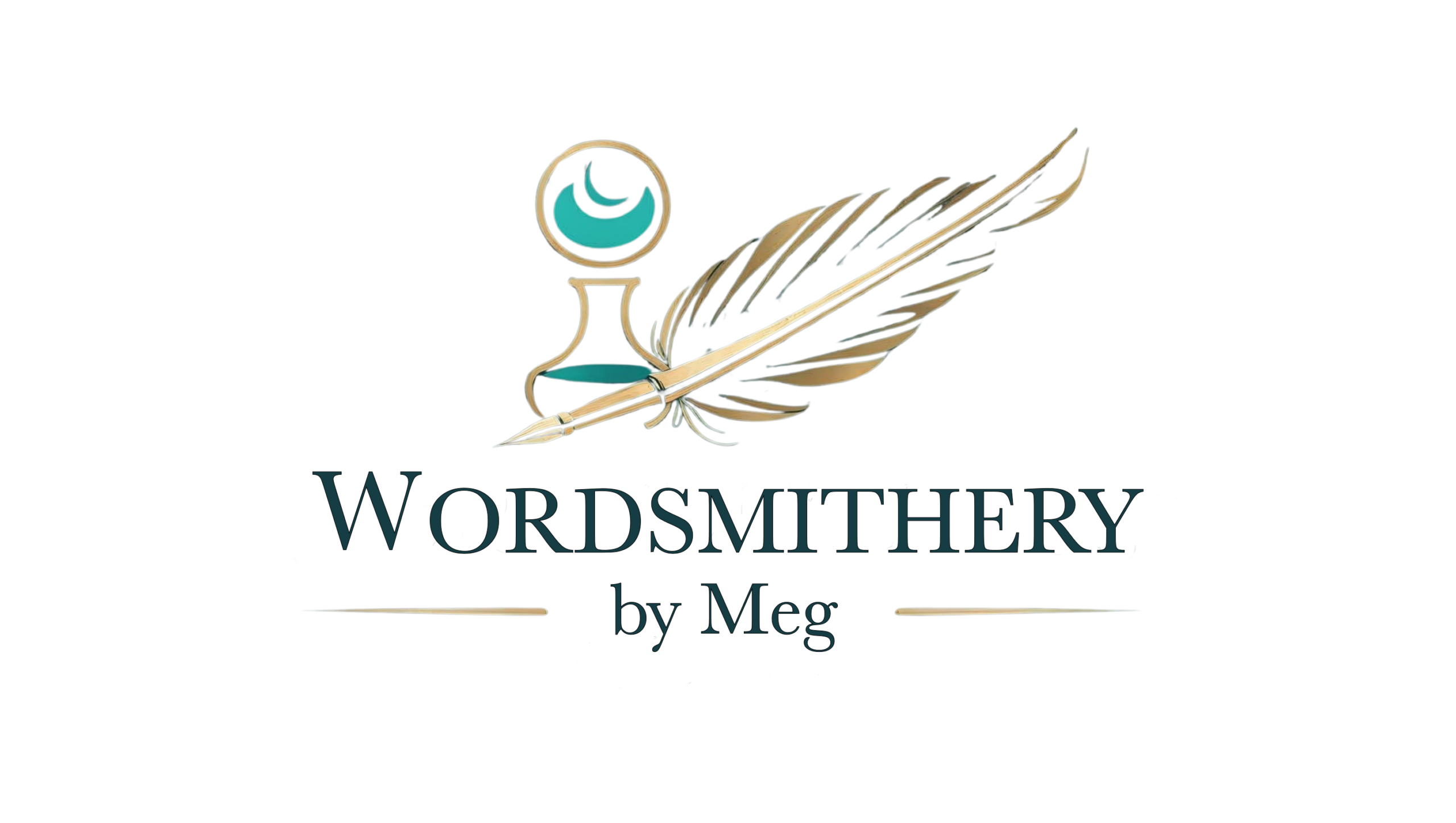Journal Prompt: This journal activity encourages you to identify an online person or brand with a unique selling proposition (USP). Be sure to base your selection on what you have learned about USP in the Chapter 2 reading. Once you have identified an example of a person or a brand with an online presence, you will analyze their online presence, discussing what makes that person or brand unique and determining whether or not you feel that particular selling proposition is successful.
As I hope to use my Master’s degree in Communications to enter the diversity and inclusion field, I’d like to use this journal entry to focus on a diversity professional I admire, one whom I believe does have a USP that resonates with what I hope my own to be or become.
Lobna Ismail is the founder of Connecting Cultures (http://www.connecting-cultures.net/), a diversity and inclusion consulting firm. She is Muslim, of Egyptian descent… and was born in America. She grew up in a predominantly Christian town in the South, and thereby rather organically became an “unofficial ambassador,” linking together different microcosms of her community and bridging gaps caused by different religions, ethnicities and cultures. Ismail works with the U.S. Department of Justice and also consults for a number of audiences including law enforcement and the military.
There are a number of diversity consultants in this country, and they ostensibly share the goal of promoting diversity and inclusion in communities, in government and in the workplace. So, what makes Lobna Ismail stand out? I believe it is her background and upbringing: growing up Muslim and ethnically Arab in the traditional and very Christian South would have lent Ismail a unique understanding of the myriad cultural nuances, differences and similarities, and would also have trained her well in diplomacy and conflict resolution in what could easily become a charged and sensitive atmosphere. I imagine that after the tragedies of 9/11, her experience and skill were in great demand as one of the few consultants who can see all sides of the Islamic/Islamist/American/Arab square. She isn’t someone who learned about these different cultures from a book, or even by traveling to the regions that espouse the culture about which she was learning: she has actually lived these cultures to a great extent, and thus possesses a depth of understanding that is hard to match by those consultants who mean well, are educated and culturally sensitive, but miss the mark when it comes to instinctive comprehension and cultural approach.
Ismail takes her USP several important steps further: she also runs workshops and consults for those who do business in the Gulf states, including the United Arab Emirates (which is a business-driven, relatively liberal country) and Saudi Arabia (which is just as business-driven, but not nearly as liberal a country as the U.A.E.). In an age in which Islamaphobia is high but commercial capitalism is still the driving force of America, I think Ismail’s USP resonates almost perfectly with the religious and cultural paradoxes that corporation seeking to do business in the Gulf states face.
The main lesson I take away from Ismail’s USP is the following: capitalize on what you inherently have. Ismail could have adopted her Southern hometown’s values, culture and traditions for her own, subjugating her family’s culture; it would have been a perfectly reasonable option open to her, and would likely have enabled her to lead a somewhat smoother life as a member of the local congregation (or so I imagine; I do not have first-hand knowledge of how exactly she did lead her life). Instead, she seems to have celebrated the differences and snatched the opportunity to learn from them, and then turned this lifelong learning into her vocation. She had no need to reinvent the wheel she already was, but capitalized on what her upbringing and dual environments turned her into. I have an analogous background to Ismail’s in that I was an Indian Hindu born and brought up in a Muslim country (the U.A.E.), and was exposed not only to Islam and Arabic culture, but also raised within my own religious traditions and further exposed to many others in the multicultural diaspora that was—and is—the U.A.E. I look to Ismail for inspiration in leveraging my own upbringing in much the same way as she did.
